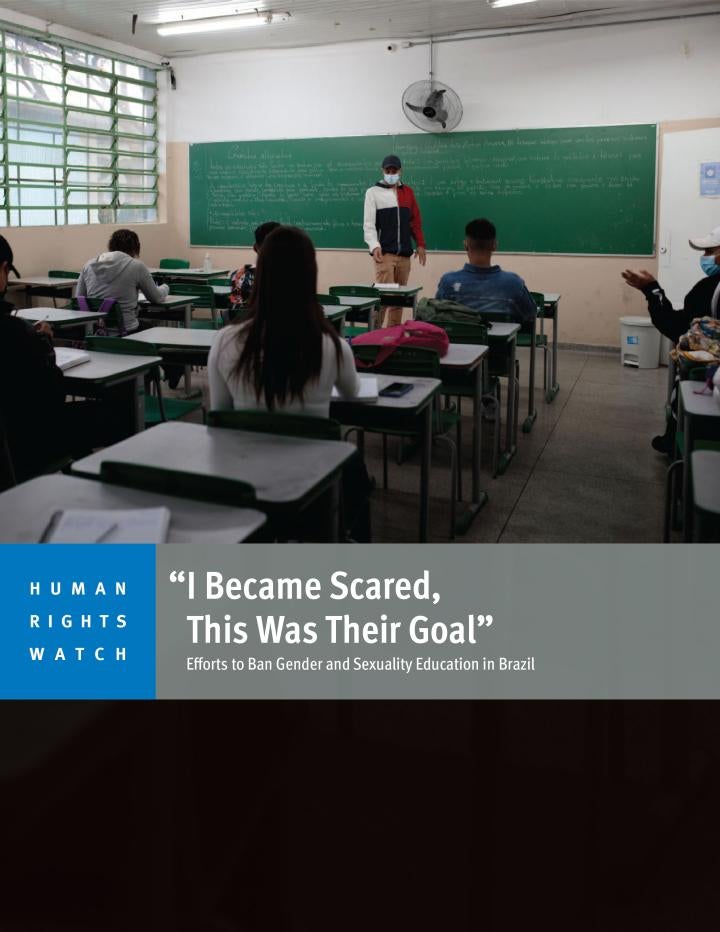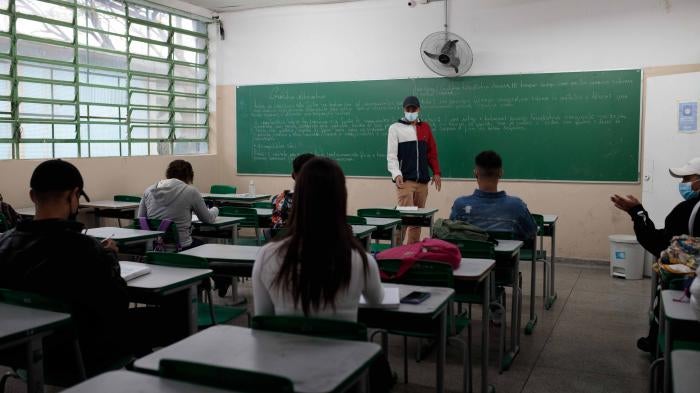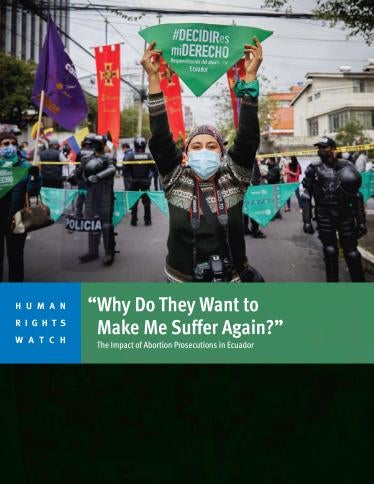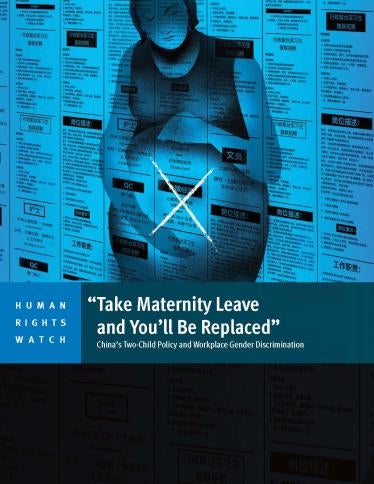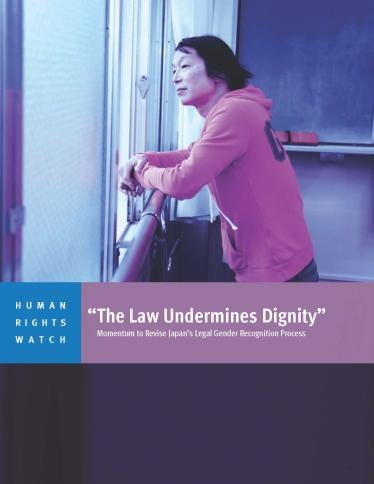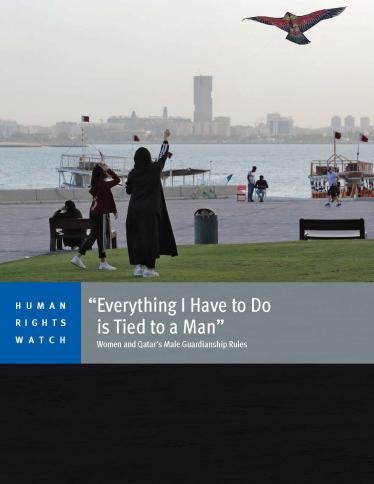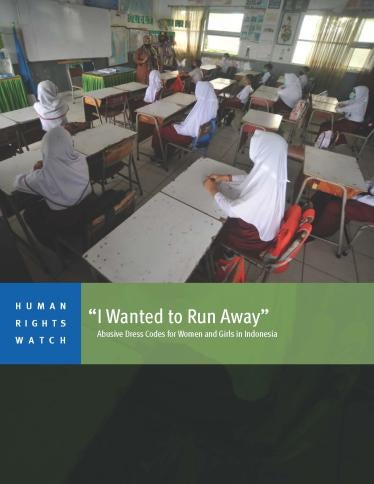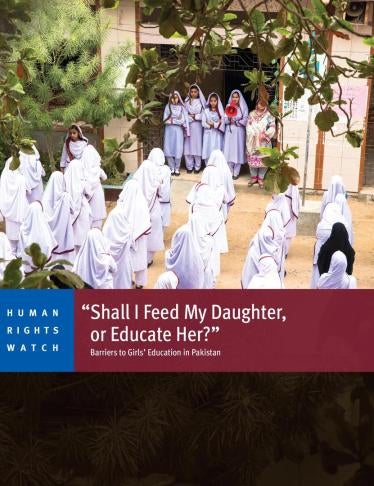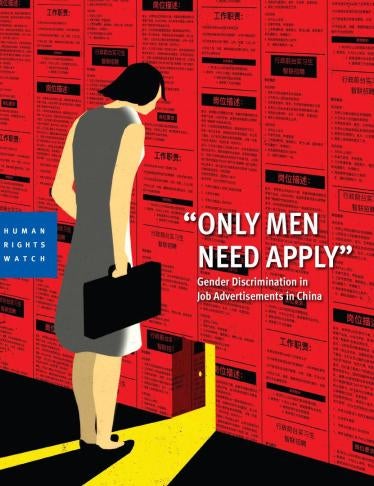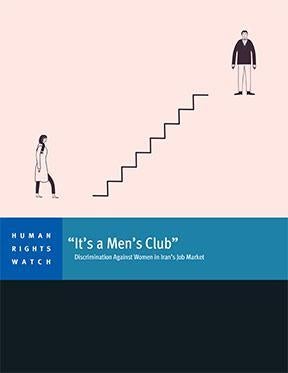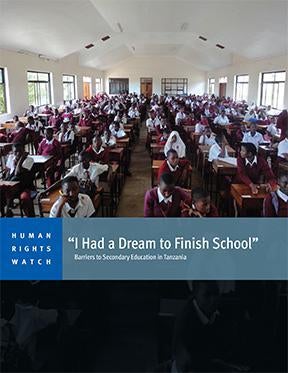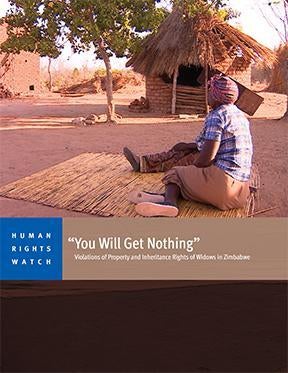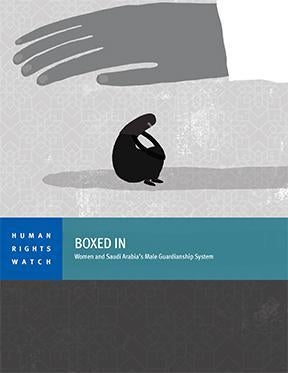“I Became Scared, This Was Their Goal”
Efforts to Ban Gender and Sexuality Education in Brazil
The 77-page report, “‘I Became Scared, This Was Their Goal’: Efforts to Ban Gender and Sexuality Education in Brazil,” analyzes 217 bills and laws presented between 2014 and 2022 designed to explicitly forbid the teaching or sharing of gender and sexuality education, or ban so-called “gender ideology” or “indoctrination,” in municipal and state schools. Human Rights Watch also documented a political effort to discredit and restrict gender and sexuality education, bolstered by the administration of President Jair Bolsonaro, who has personally amplified this message for political effect, including as recently as March 2022.
